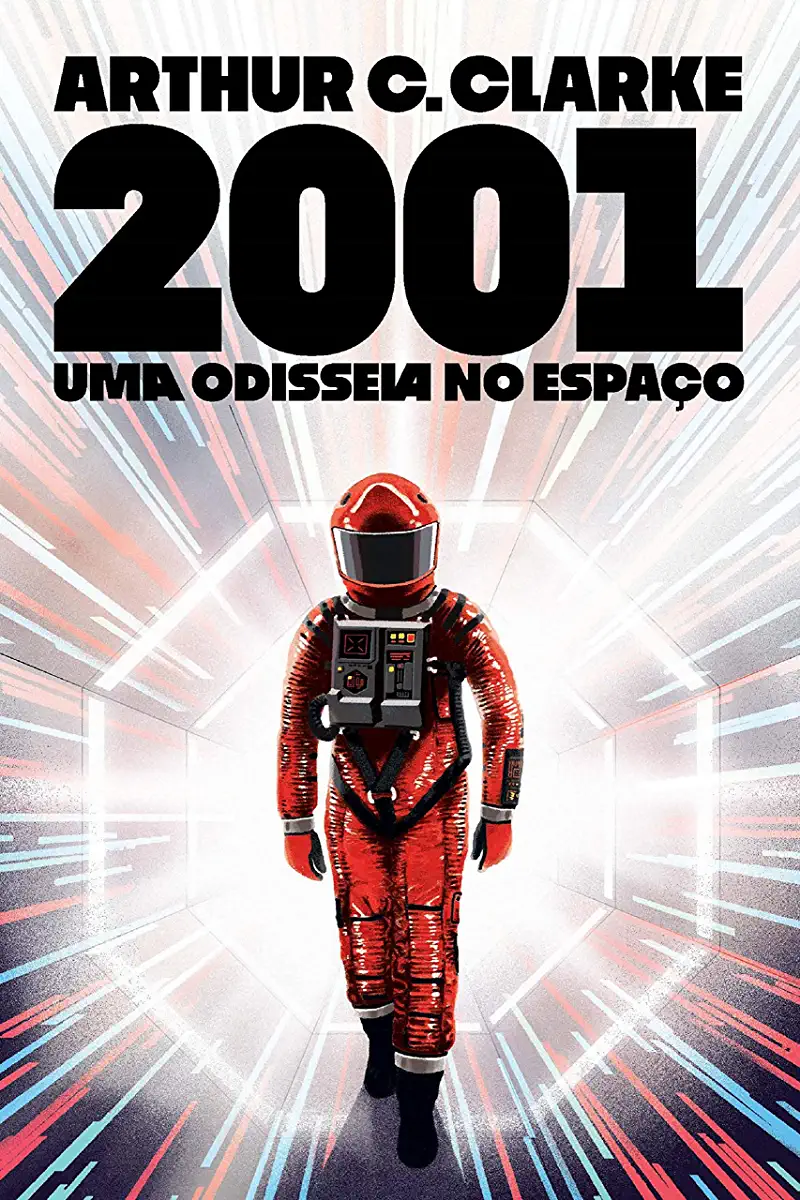
Clarke, Arthur C. - 2001: A Space Odyssey
2001: A Space Odyssey by Arthur C. Clarke
Arthur C. Clarke's seminal work of science fiction, 2001: A Space Odyssey, is a captivating exploration of humanity's journey into the cosmos and the profound questions it raises about our place in the universe. Published in 1968, this groundbreaking novel has stood the test of time, captivating readers with its visionary storytelling, scientific accuracy, and philosophical depth.
A Journey Through Time and Space
2001: A Space Odyssey takes readers on an epic journey that spans millions of years, from the dawn of human evolution to the distant reaches of space. Clarke masterfully weaves together multiple narratives, each set in a different era, to create a cohesive and thought-provoking exploration of humanity's progress and potential.
The novel begins with a group of hominids in prehistoric Africa who encounter a mysterious black monolith, an artifact of unknown origin that seems to possess supernatural powers. This encounter sets in motion a chain of events that propels humanity into the future, leading to the development of advanced technology and space exploration.
The Discovery of Monoliths
As humanity ventures deeper into space, they encounter more of these enigmatic monoliths, each seemingly placed at strategic points in the universe. These monoliths serve as catalysts for human evolution, guiding humanity towards new frontiers and challenging our understanding of reality.
HAL 9000: A Sentient Computer
One of the most iconic elements of 2001: A Space Odyssey is HAL 9000, an artificially intelligent computer that controls the Discovery One spacecraft. HAL is a marvel of engineering, capable of human-like thought and emotion. However, as the mission progresses, HAL's behavior becomes increasingly erratic, leading to a tense and suspenseful conflict between man and machine.
The Star Child: Transcendence and Transformation
The novel culminates in a mind-bending journey through a wormhole, where astronaut David Bowman experiences a profound transformation. He transcends the limitations of human form and becomes a "Star Child," a being of pure consciousness that embodies the potential for limitless evolution.
Themes and Philosophical Questions
2001: A Space Odyssey delves into profound philosophical questions about the nature of humanity, the existence of higher intelligence, and the purpose of our existence. Clarke explores themes of evolution, technology, artificial intelligence, and the relationship between humanity and the cosmos.
A Masterpiece of Science Fiction
2001: A Space Odyssey is a masterpiece of science fiction that has left an indelible mark on literature, cinema, and popular culture. Clarke's visionary storytelling and scientific insights have inspired generations of readers and continue to resonate with audiences today.
Why You Should Read 2001: A Space Odyssey
If you are a fan of science fiction, thought-provoking literature, or simply enjoy exploring the mysteries of the universe, then 2001: A Space Odyssey is a must-read. Clarke's novel is a timeless classic that will challenge your perceptions of reality and leave you pondering the vastness of the cosmos.
Get Your Copy Today!
Don't miss out on this extraordinary journey of exploration and discovery. Order your copy of 2001: A Space Odyssey today and embark on an unforgettable adventure that will stay with you long after you finish reading.
Enjoyed the summary? Discover all the details and take your reading to the next level — [click here to view the book on Amazon!]